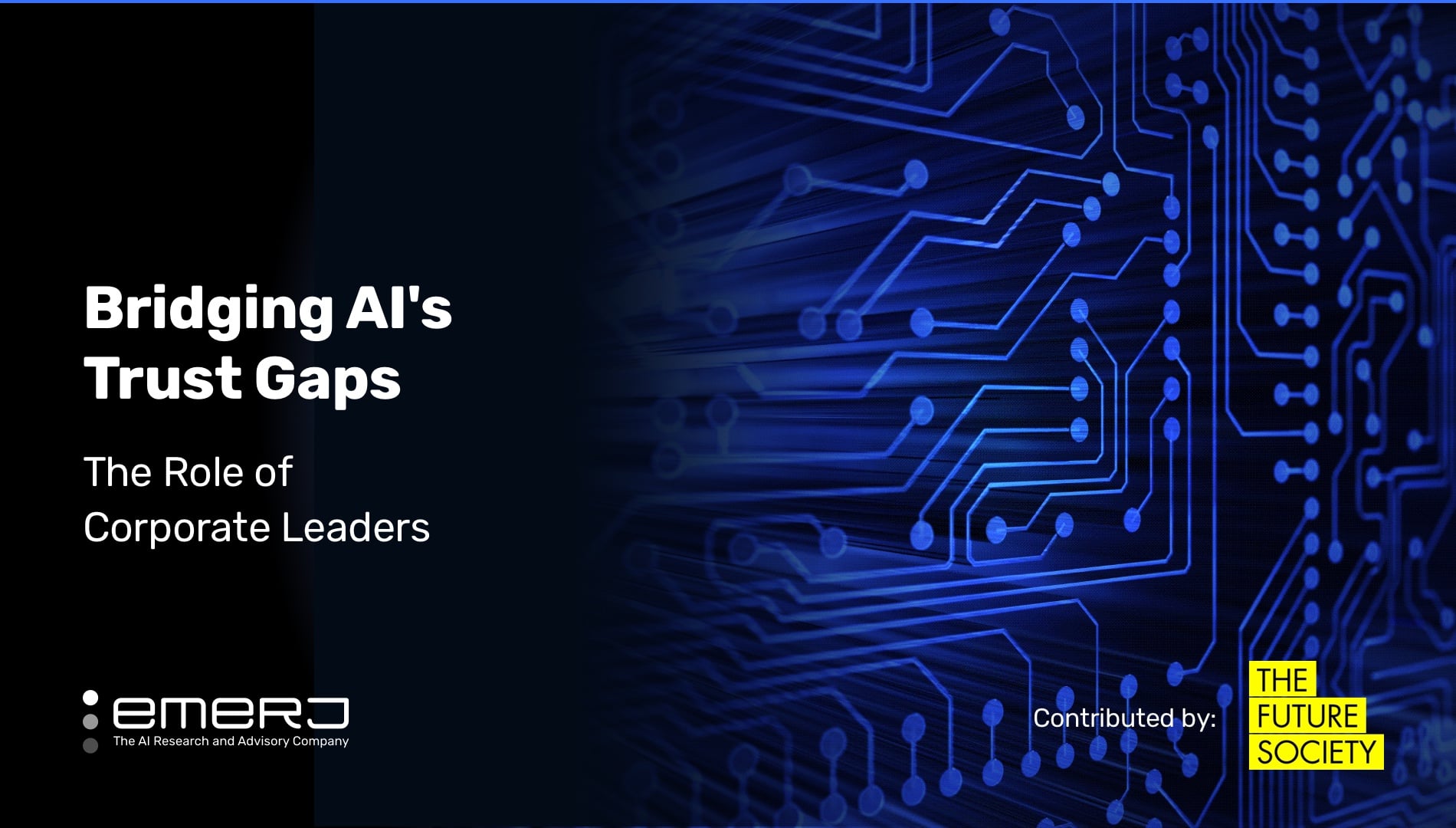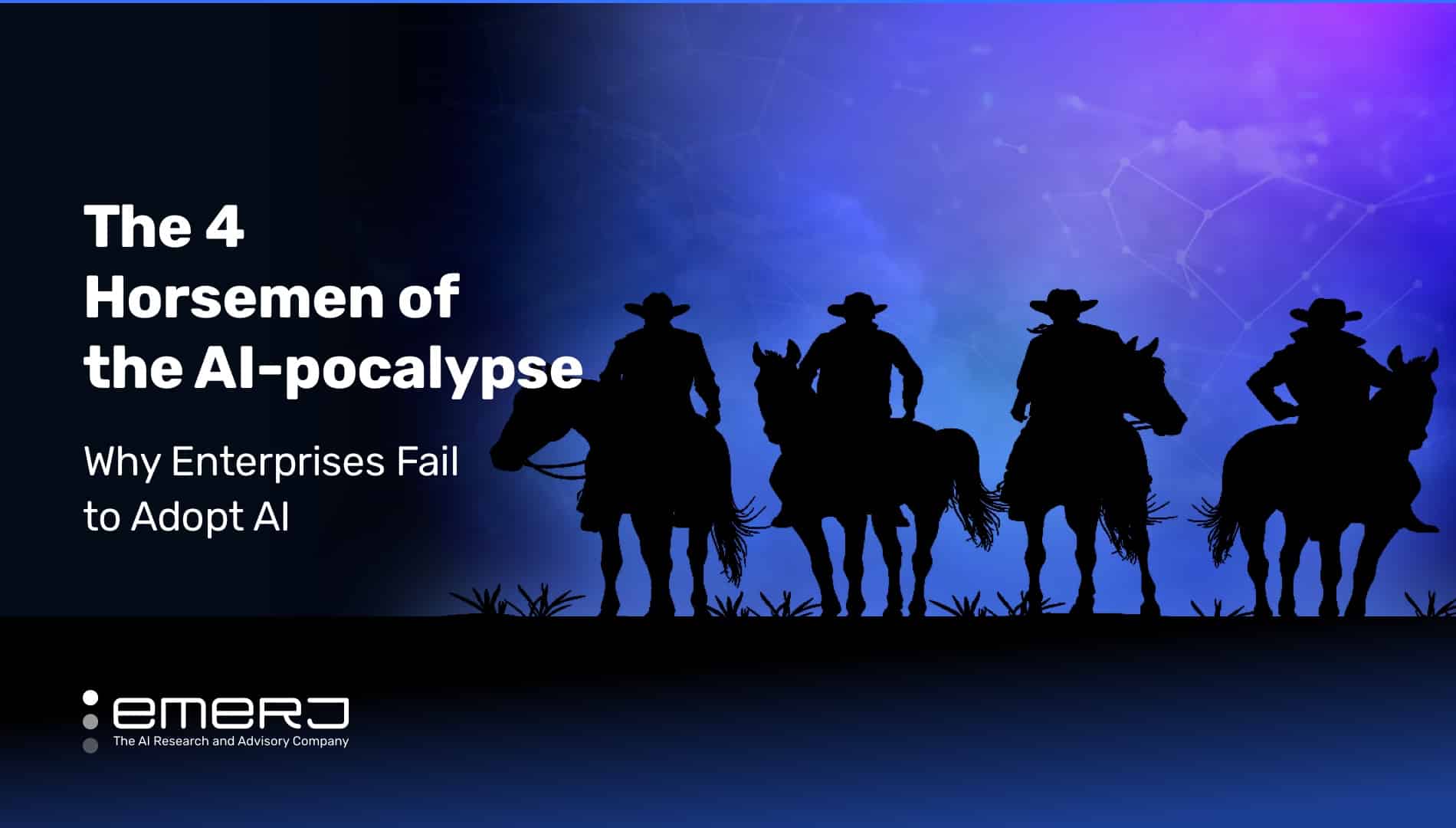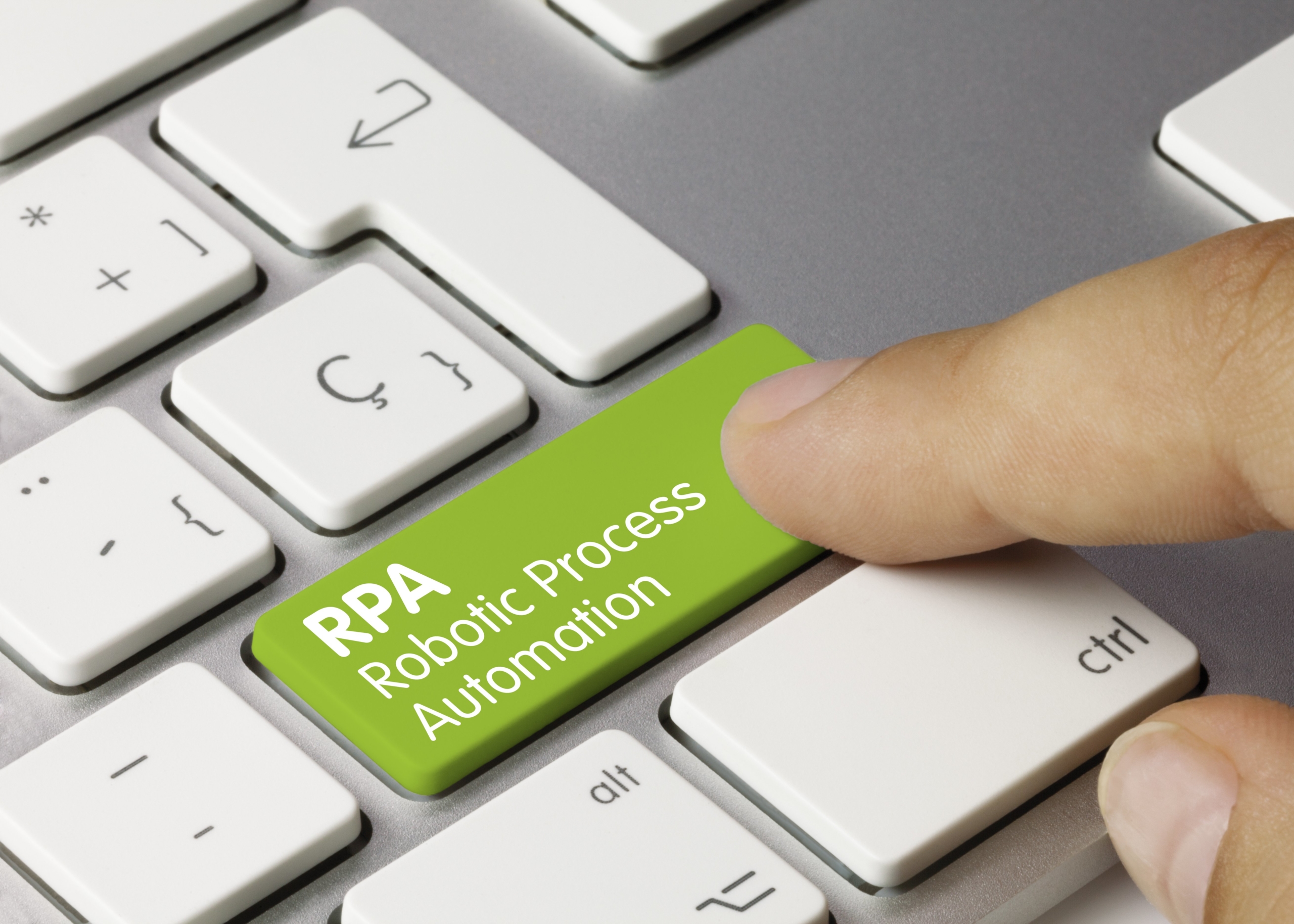Bridging AI’s Trust Gaps – The Role of Corporate Leaders
This is a contributed article by The Future Society, edited by Emerj and authored by Samuel Curtis, Sacha Alanoca, Nicolas Miailhe,…
•


This author account is for Partner Content with Emerj advertising and content partnership clients. Learn more at Emerj.com/partnerships.
This is a contributed article by The Future Society, edited by Emerj and authored by Samuel Curtis, Sacha Alanoca, Nicolas Miailhe,…
•

This is a contributed article by Ian Wilson, Founder at Strategy 4 AI – learn more about Ian’s online AI strategy courses…
•

This article was written by Sergii Gorpynich, co-Founder and CTO at Star, co-written by Perry Simpson, Managing Director of Star, and…
•

This article was written by Sergii Gorpynich, co-Founder and CTO at Star, co-written by Perry Simpson, Managing Director of Star, and…
•

This article was written and contributed by Thomas A. Campbell, Ph.D. and Jon Fetzer of FutureGrasp, and was edited and published…
•

In 2018, James Kobielus wrote an article on the AI market’s shift to workload-optimized hardware platforms, in which he proposed: Workload-optimized…
•

The following brand partnership article was written by BIS Research analyst Rahul Papney, and edited by Raghav Bharadwaj of Emerj. For…
•
